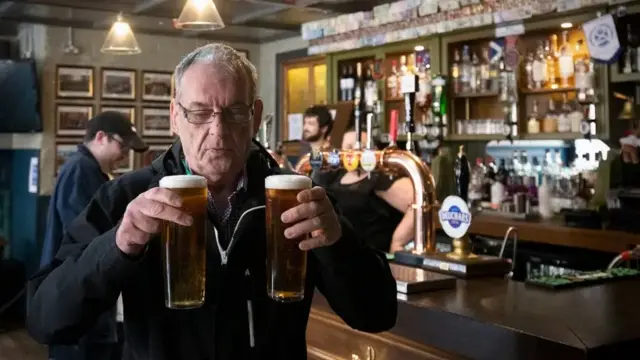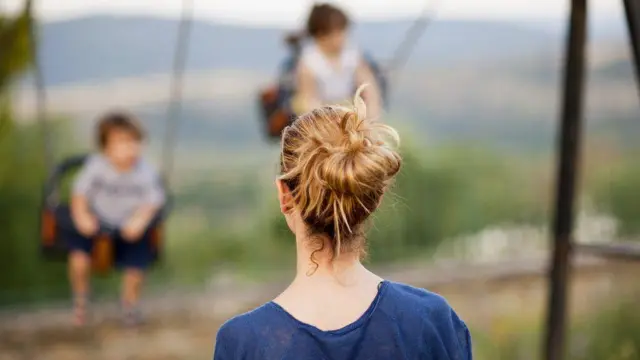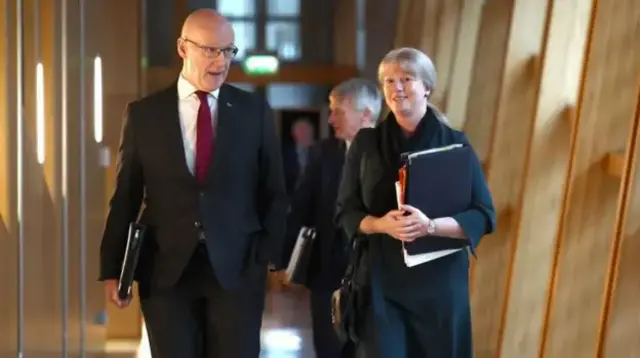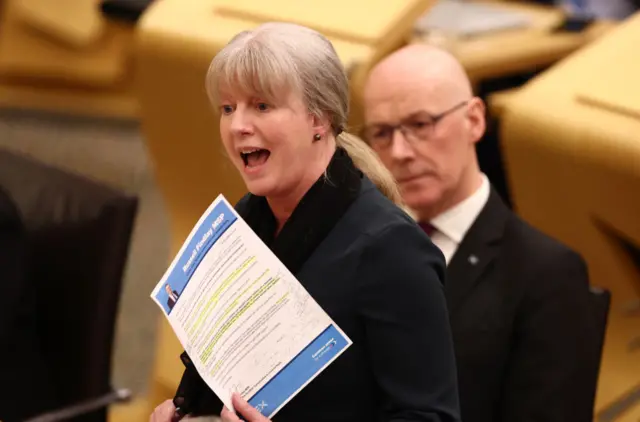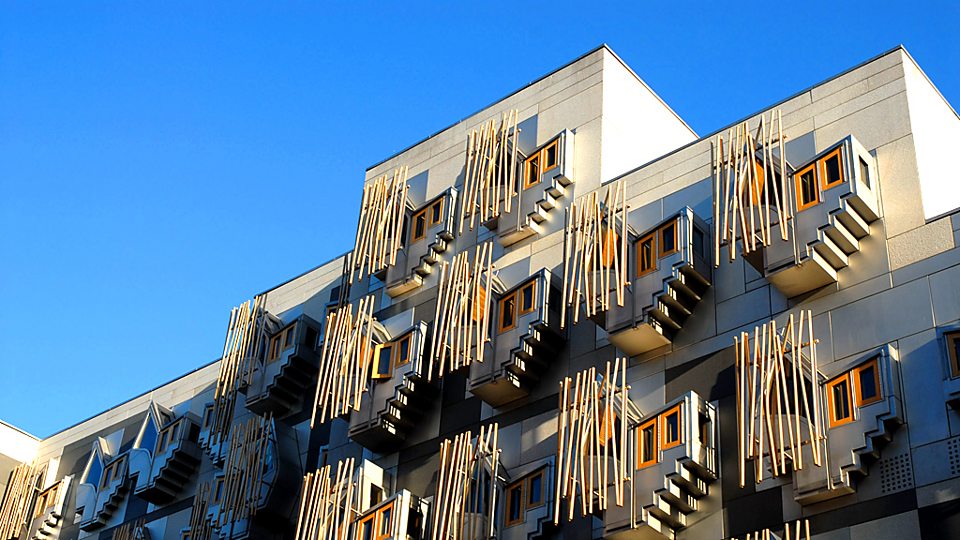Scotland's Budget: The headlinespublished at 18:04 GMT 4 December 2024
- The Scottish government has pledged to scrap the two-child cap on benefits north of the border
- SNP ministers will aim to provide funding to affected families by 2026
- A Scottish government source said they believed the measure would cost between £110m and £150m
- The Scottish Fiscal Commission has said the policy is uncosted because they were only told about it last week, describing it as a “fiscal risk”
- The government claims its tax choices will put money in the pockets of low and middle income earners and provide help for hard-pressed pubs and restaurants
- Record NHS investment was announced – with the money aiming to reduce waiting lists and make it easier for people to see their GP
- Robison confirmed there will be extra winter heating payments for older Scots
- She announced £4.9bn of funding for postive climate action
- There will be an increase in funding for local services, with no cap or freeze on council tax rises
- Opposition MSPs accused the Scottish government of financial mismanagement
- The Tories said the Budget was "more of the same" and Labour argues the government was going in the wrong direction
- The Greens says they can't back the Budget as it stands, while the Lib Dems will not guarantee their support yet
That brings our live coverage to a close. Editors were Mary McCool and Graeme Esson. Writers were Ashleigh Keenan-Bryce, Katy Scott and Craig Hutchison. Thank you for joining us.


